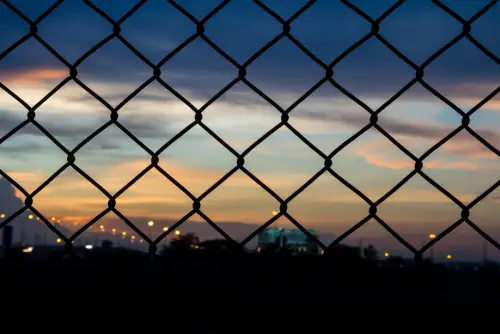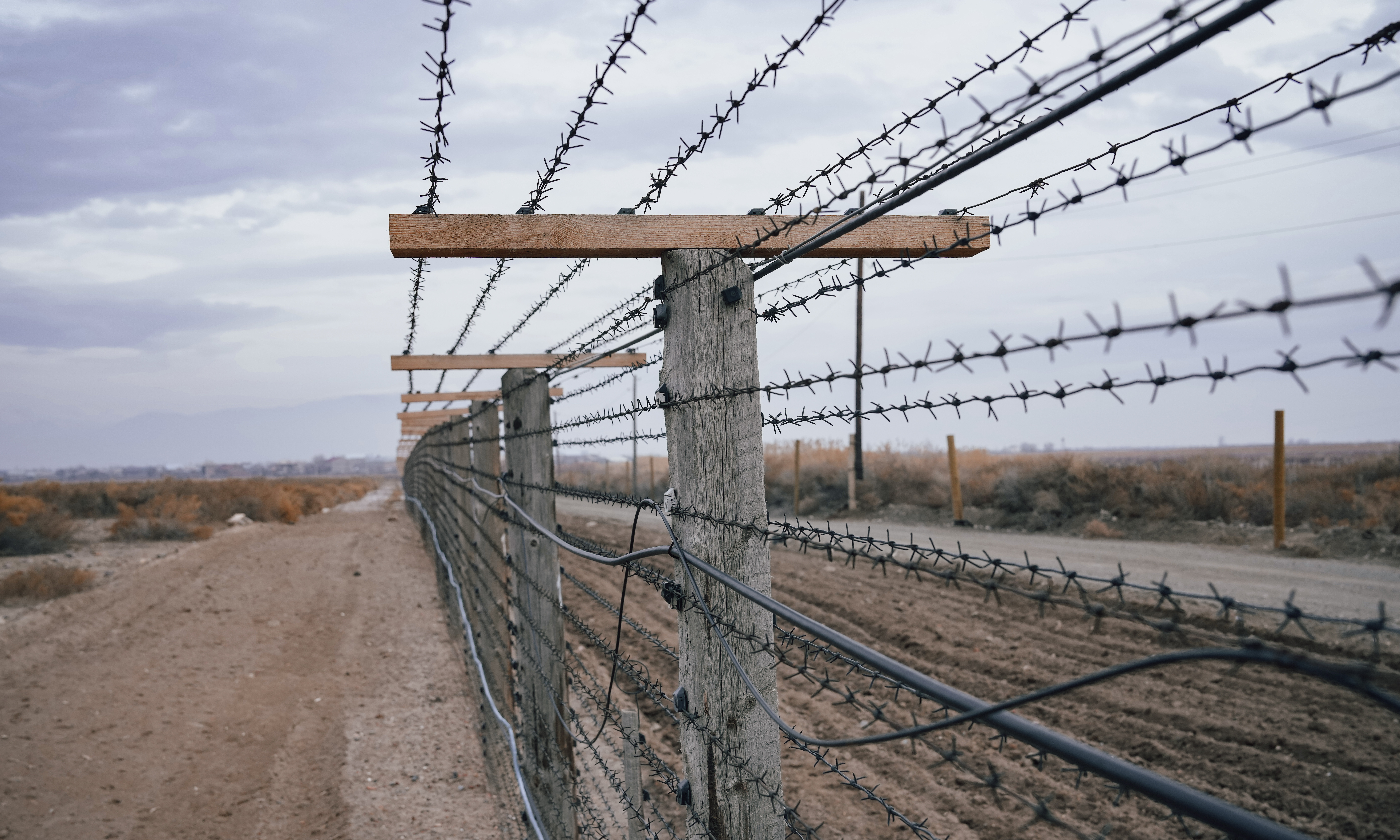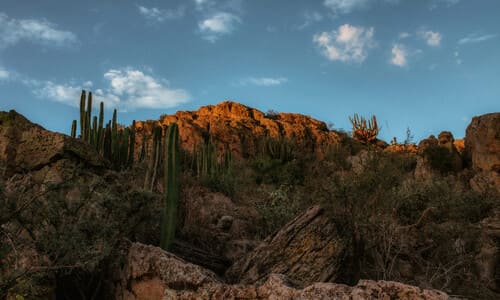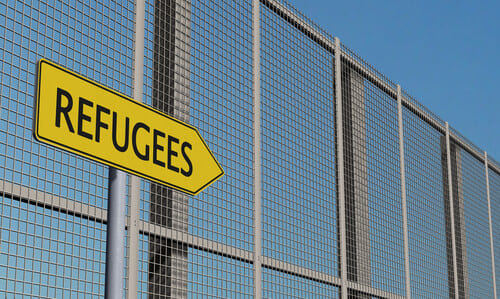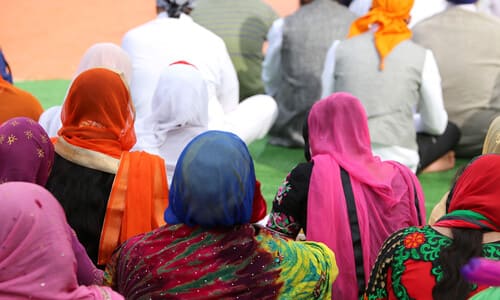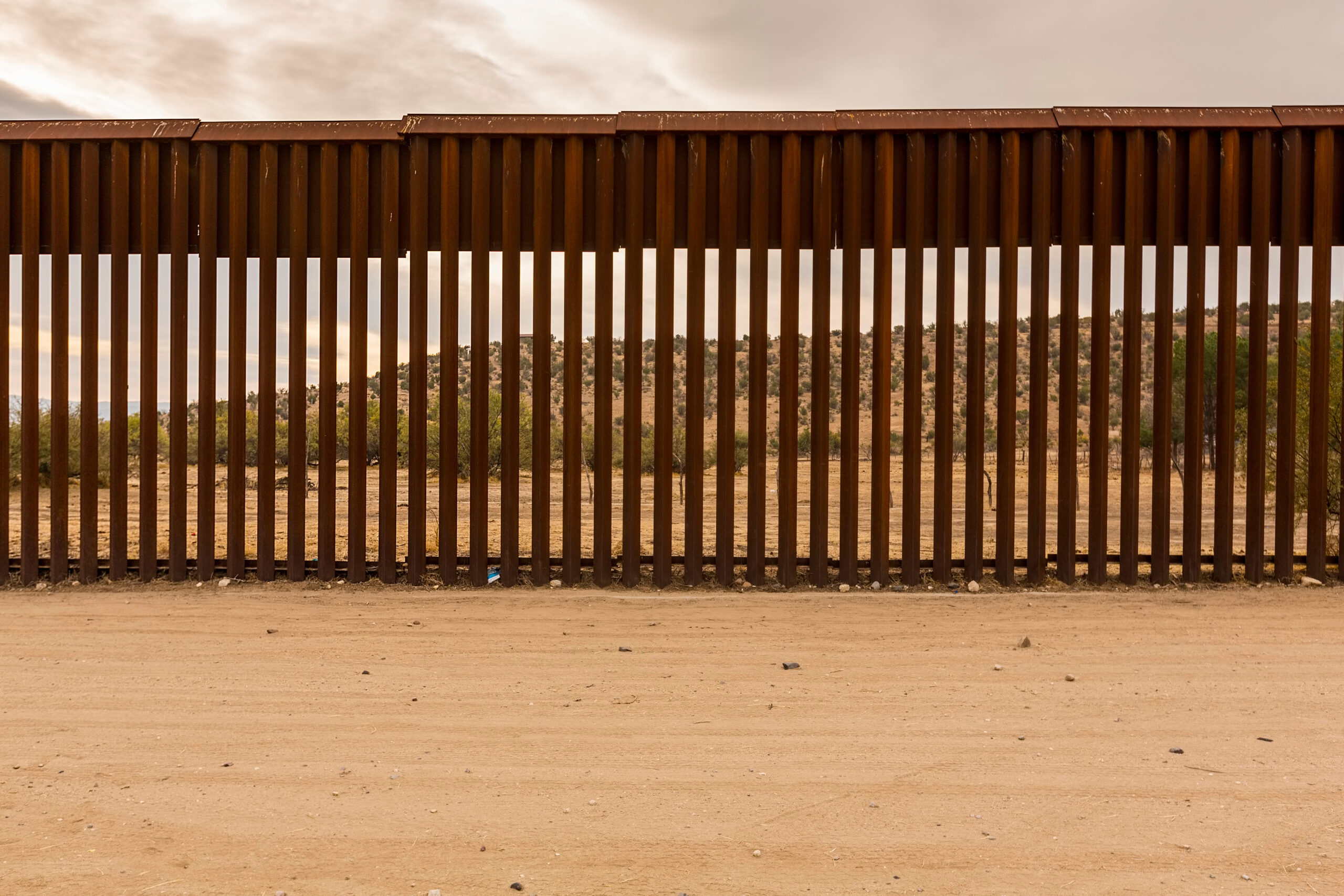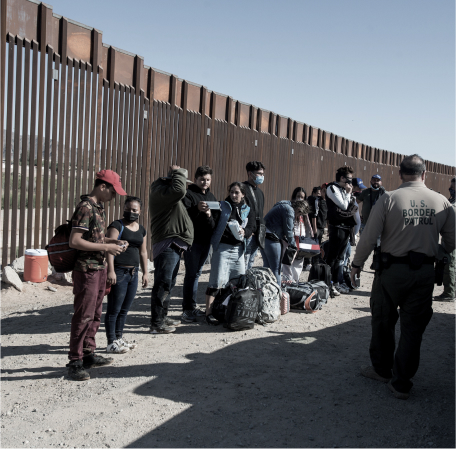 On a recent visit to the federal prison in Victorville, U.S. Rep. Mark Takano was caught by surprise. Of the hundreds of immigrants detained there, he learned, possibly 40% had traveled from India seeking asylum. The Riverside Democrat had expected to see a high concentration of Central American detainees, many of them fathers who had been separated from their children. Not all of the men spoke English. The group appointed a representative, who told Takano that they were supporters of two different political parties and had been persecuted by India’s governing Bharatiya Janata Party.
On a recent visit to the federal prison in Victorville, U.S. Rep. Mark Takano was caught by surprise. Of the hundreds of immigrants detained there, he learned, possibly 40% had traveled from India seeking asylum. The Riverside Democrat had expected to see a high concentration of Central American detainees, many of them fathers who had been separated from their children. Not all of the men spoke English. The group appointed a representative, who told Takano that they were supporters of two different political parties and had been persecuted by India’s governing Bharatiya Janata Party.
“They said they were often bullied into doing things that were immoral,” Takano said. “They would have to carry drugs, perpetrate violence against others.” According to immigration officials and attorneys, there has been an increase in recent years of Indian nationals crossing into the U.S. through Mexico — although they represent a small percentage of those detained overall. Indian citizens are among thousands of migrants from Haiti, Africa and Asia now trekking across Latin America, taking advantage of travel routes forged by Latino immigrants. By early August, about 380 of the 680 migrants at the Victorville facility were Indian nationals, according to the Federal Bureau of Prisons, sent there as civil rather than criminal detainees pending the outcome of their immigration cases.
In addition, about 40% of the detainees at Immigration and Customs Enforcement’s Imperial Valley facility are from India, a spokeswoman said. Nearly 20% of detainees at ICE’s Adelanto processing center are Indian. So far during the 2018 fiscal year, 4,197 of those arrested by Border Patrol agents have been Indian nationals, according to data from Syracuse University’s Transactional Records Access Clearinghouse. And many have seen their asylum claims denied. From fiscal years 2012 to 2017, about 42% of asylum cases from India were rejected, clearinghouse records show. “I ask, ‘Why not stay in Mexico?’” said immigration attorney Deepak Ahluwalia. “They see us as the traditional country that has helped the persecuted.”
If you are struggling to seek asylum in the United States or have faced any discrimination or challenges in regard to your admission into the country, reach out to Singh Ahluwalia Attorneys at Law. Our California asylum lawyers are available to assist, and we are dedicated to fighting for your family’s right to a safer life free from persecution.
Call (559) 550-4840 or contact us online to schedule your confidential case review with no obligation.
